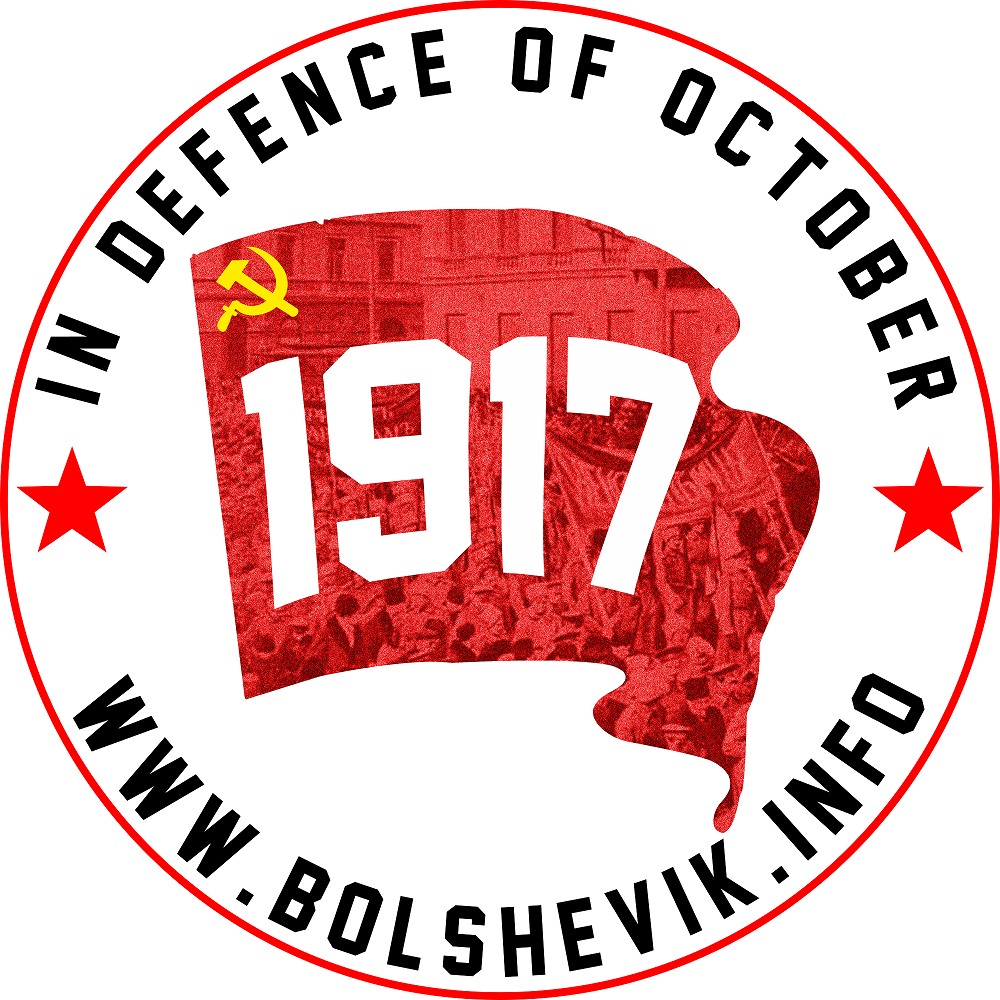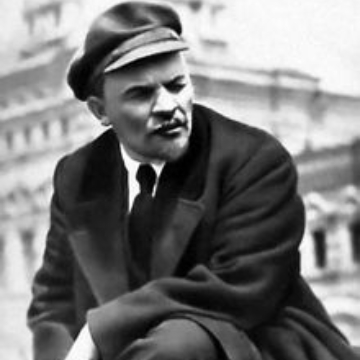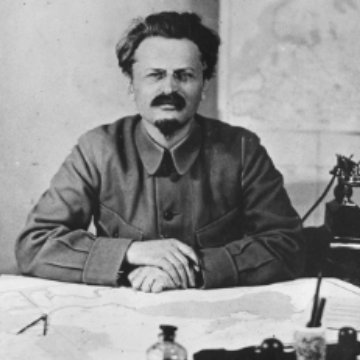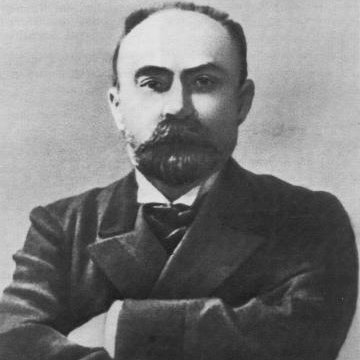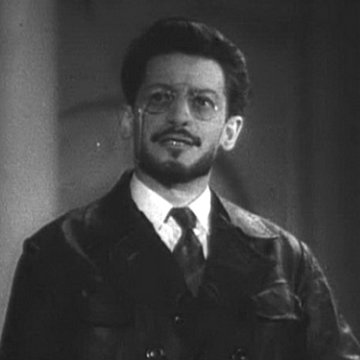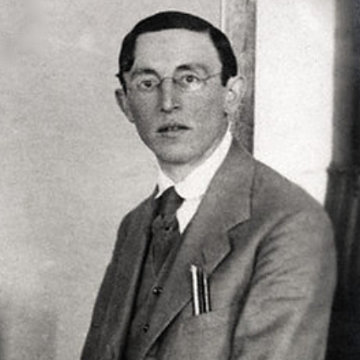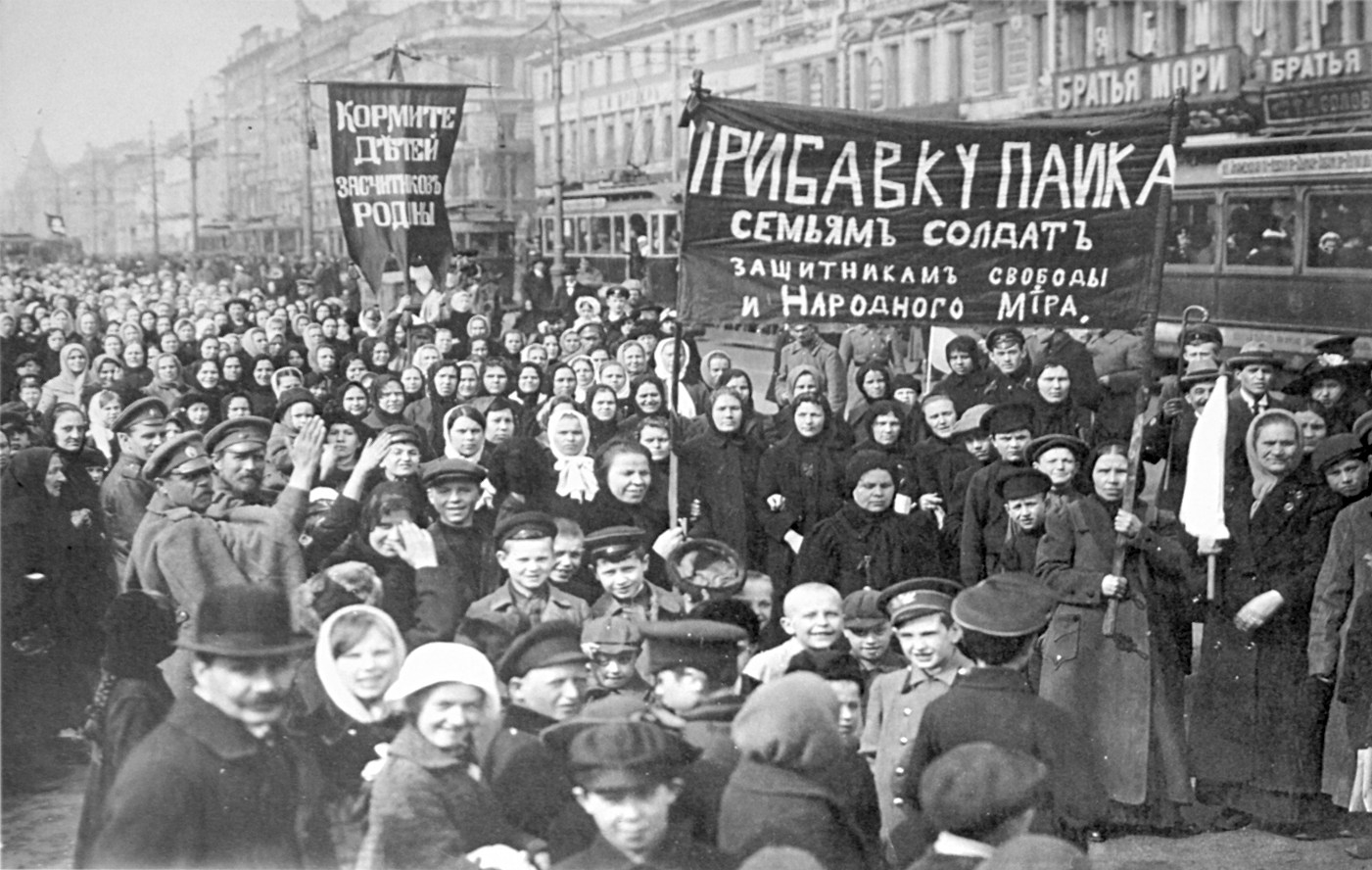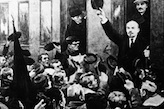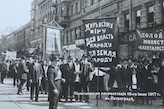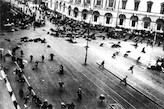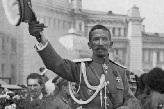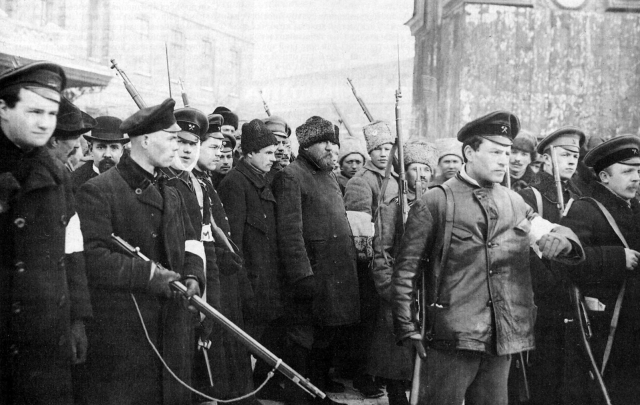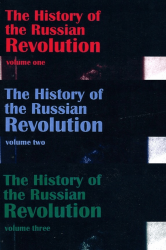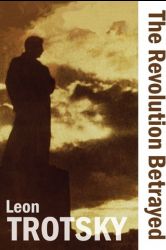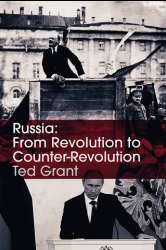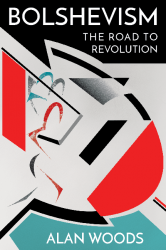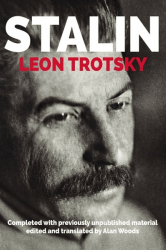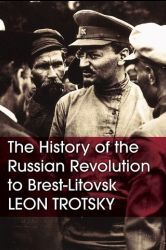Regulation of Consumption
The war has compelled all the belligerent and many of the neutral countries to resort to the regulation of consumption. Bread cards have been issued and have become customary, and this has led to the appearance of other ration cards. Russia is no exception and has also introduced bread cards.
Using this as an example, we can draw, perhaps, the most striking comparison of all between reactionary-bureaucratic methods of combating a catastrophe, which are confined to minimum reforms, and revolutionary-democratic methods, which, to justify their name, must directly aim at a violent rupture with the old, obsolete system and at the achievement of the speediest possible progress.
The bread card—this typical example of how consumption is regulated in modern capitalist countries—aims at, and achieves (at best), one thing only, namely, distributing available supplies of grain to give everybody his share. A maximum limit to consumption is established, not for all foodstuffs by far, but only for principal foodstuffs, those of “popular” consumption. And that is all. There is no intention of doing anything else. Available supplies of grain are calculated in a bureaucratic way, then divided on a per capita basis, a ration is fixed and introduced, and there the matter ends. Luxury articles are not affected, for they are “anyway” scarce and “anyway” so dear as to be beyond the reach of the “people”. And so, in all the belligerent countries without exception, even in Germany, which evidently, without fear of contradiction, may be said to be a model of the most careful, pedantic and strict regulation of consumption—even in Germany we find that the rich constantly get around all “rationing”. This, too, “everybody” knows and “everybody” talks about with a smile; and in the German socialist papers, and sometimes even in the bourgeois papers, despite the fierce military stringency of the German censorship, we constantly find items and reports about the “menus” of the rich, saying how the wealthy can obtain white bread in any quantity at a certain health re sort (visited, on the plea of illness, by everybody who has plenty of money), and how the wealthy substitute choice and rare articles of luxury for articles of popular consumption.
A reactionary capitalist state which fears to undermine the pillars of capitalism, of wage slavery, of the economic supremacy of the rich, which fears to encourage the initiative of the workers and the working people generally, which fears to provoke them to a more exacting attitude—such a state will be quite content with bread cards. Such a state does not for a moment, in any measure it adopts, lose sight of the reactionary aim of strengthening capitalism, preventing its being undermined, and confining the "regulation of economic life" in general, and the regulation of consumption in particular, to such measures as are absolutely essential to feed the people, and makes no attempt whatsoever at real regulation of consumption by exercising control over the rich and laying the greater part of the burden in war-time on those who are better off, who are privileged, well fed and overfed in peace-time.
The reactionary-bureaucratic solution to the problem with which the war has confronted the peoples confines itself to bread cards, to the equal distribution of “popular” foodstuffs, of those absolutely essential to feed the people, without retreating one little bit from bureaucratic and reactionary ideas, that is, from the aim of not encouraging the initiative of the poor, the proletariat, the mass of the people (“demos”), of not allowing them to exercise control over the rich, and of leaving as many loopholes as possible for the rich to compensate themselves with articles of luxury. And a great number of loopholes are left in all countries, we repeat, even in Germany—not to speak of Russia; the "common people" starve while the rich visit health resorts, supplement the meagre official ration by all sorts of “extras” obtained on the side, and do not allow themselves to be controlled.
In Russia, which has only just made a revolution against the tsarist regime in the name of liberty and equality, in Russia, which, as far as its actual political institutions are concerned, has at once become a democratic republic, what particularly strikes the people, what particularly arouses popular discontent, irritation, anger and indignation is that everybody sees the easy way in which the wealthy get around the bread cards. They do it very easily indeed. "From under the counter", and for a very high price, especially if one has “pull” (which only the rich have), one can obtain anything, and in large quantities, too. It is the people who are starving. The regulation of consumption is confined within the narrowest bureaucratic-reactionary limits. The government has not the slightest intention of putting regulation on a really revolutionary-democratic footing, is not in the least concerned about doing so.
“Everybody” is suffering from the queues but—but the rich send their servants to stand in the queues, and even engage special servants for the purpose! And that is “democracy”!
At a time when the country is suffering untold calamities, a revolutionary-democratic policy would not confine itself to bread cards to combat the impending catastrophe but would add, firstly, the compulsory organisation of the whole population in consumers’ societies, for otherwise control over consumption cannot be fully exercised; secondly, labour service for the rich, making them perform without pay secretarial and similar duties for these consumers’ societies; thirdly, the equal distribution among the population of absolutely all consumer goods, so as really to distribute the burdens of the war equitably; fourthly, the organisation of control in such a way as to have the poorer classes of the population exercise control over the consumption of the rich.
The establishment of real democracy in this sphere and the display of a real revolutionary spirit in the organisation of control by the most needy classes of the people would be a-very great stimulus to the employment of all available intellectual forces and to the development of the truly revolutionary energies of the entire people. Yet now the ministers of republican and revolutionary-democratic Russia, exactly like their colleagues in all other imperialist countries, make pompous speeches about "working in common for the good of the people" and about "exerting every effort", but the people see, feel and sense the hypocrisy of this talk.
The result is that no progress is being made, chaos is spreading irresistibly, and a catastrophe is approaching, for our government cannot introduce war-time penal servitude for the workers in the Kornilov, Hindenburg, general imperialist way—the traditions, memories, vestiges, habits and institutions of the revolution" are still too much alive among the people; our government does not want to take any really serious steps in a revolutionary-democratic direction, for it is thoroughly infected and thoroughly enmeshed by its dependence on the bourgeoisie, its “coalition” with the bourgeoisie, and its fear to encroach on their real privileges.

